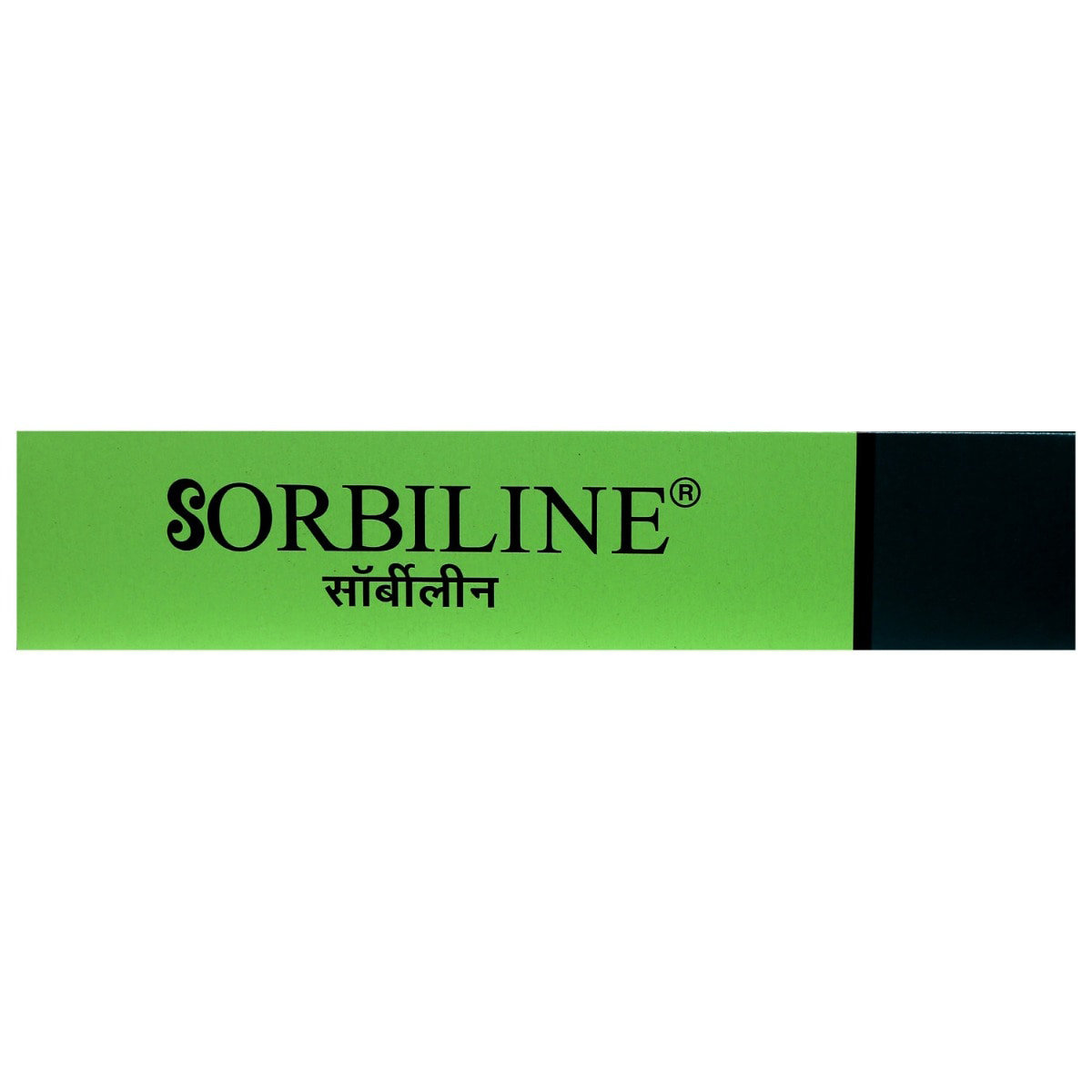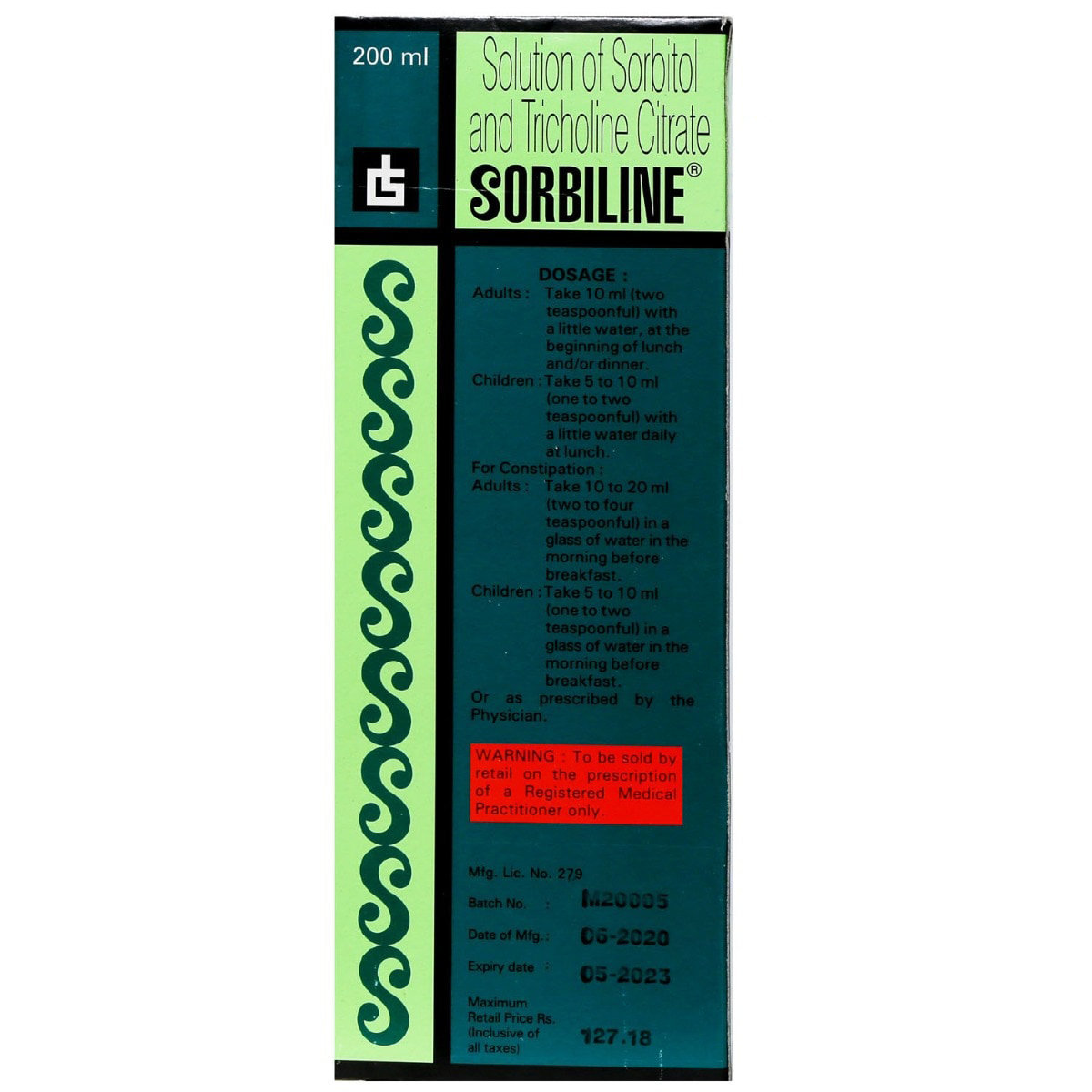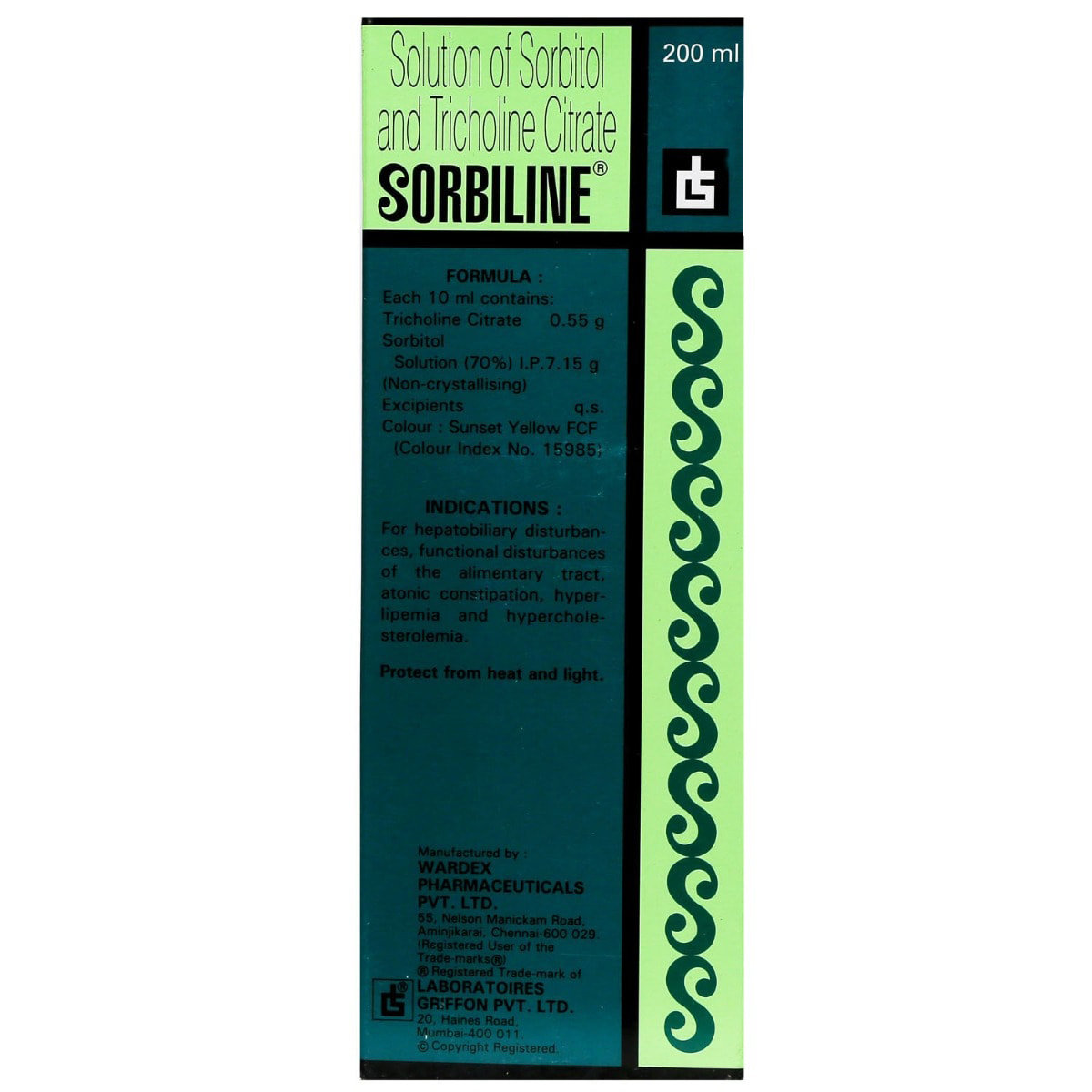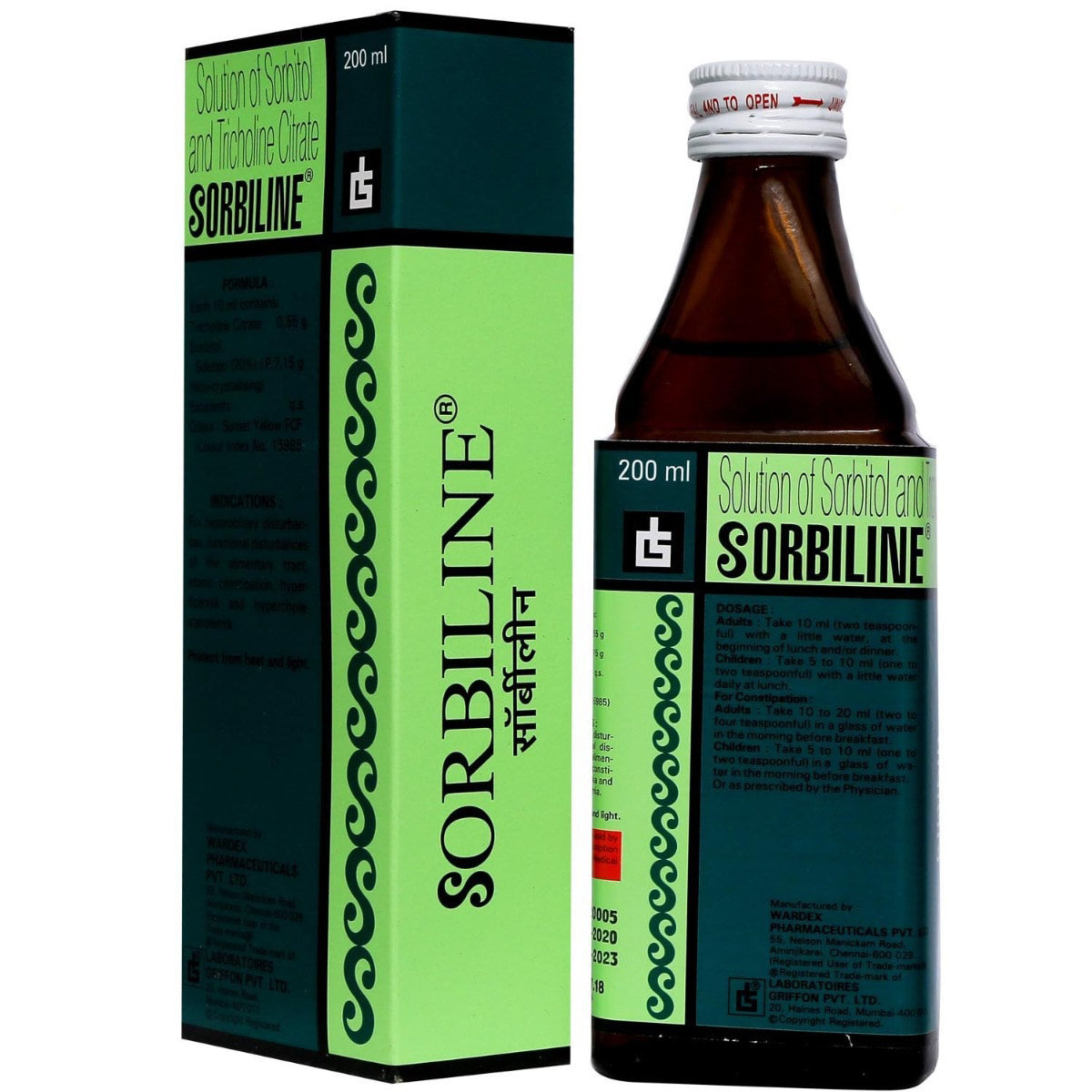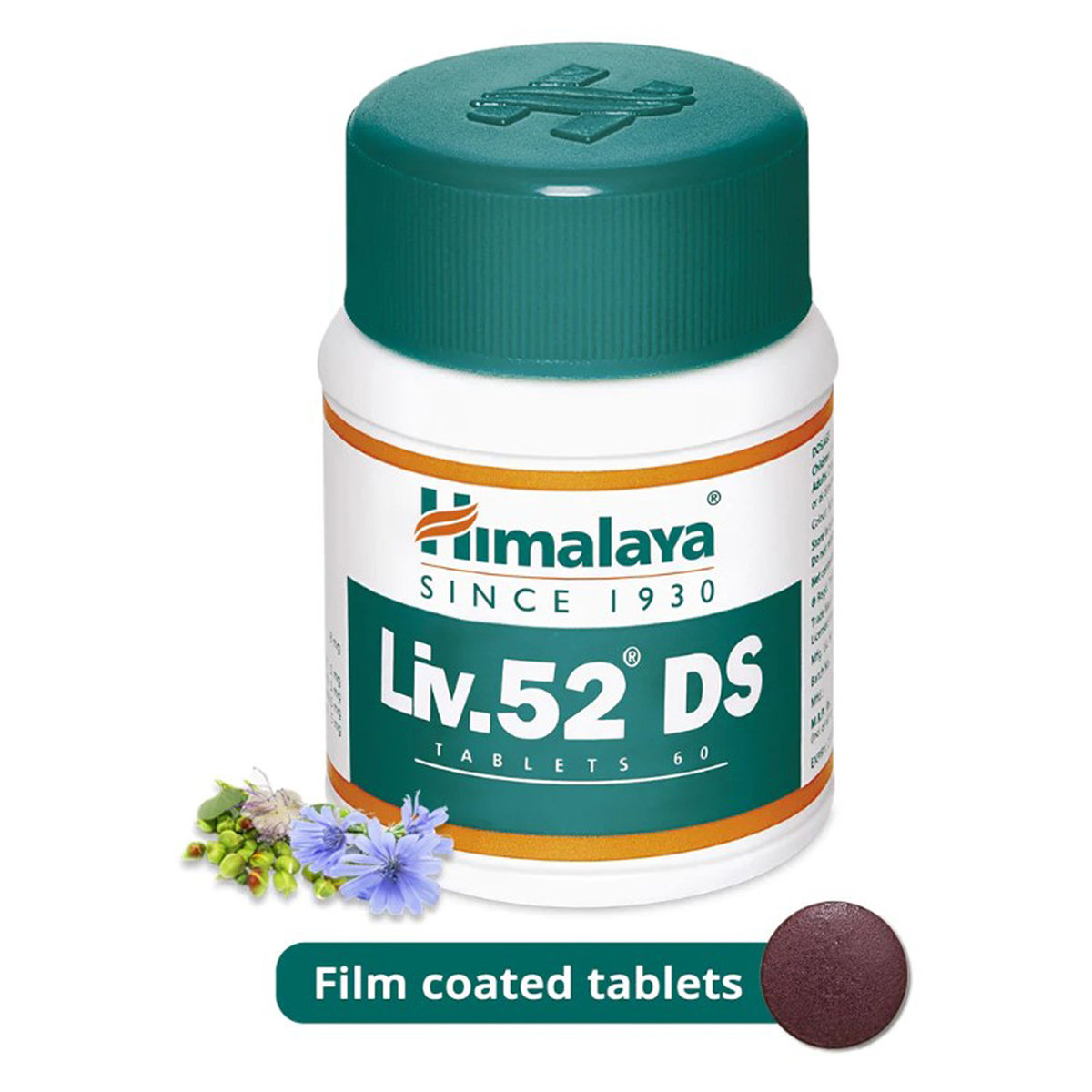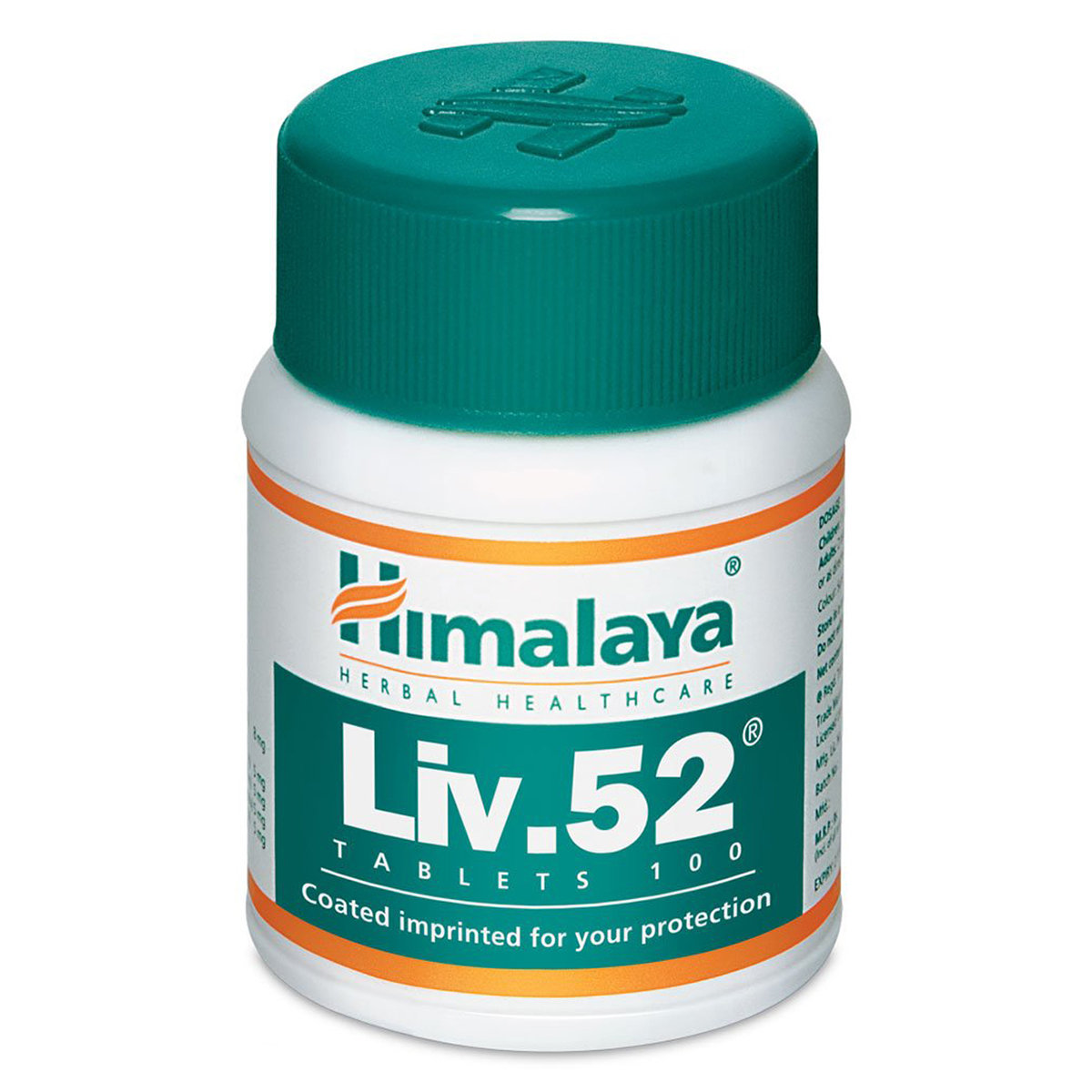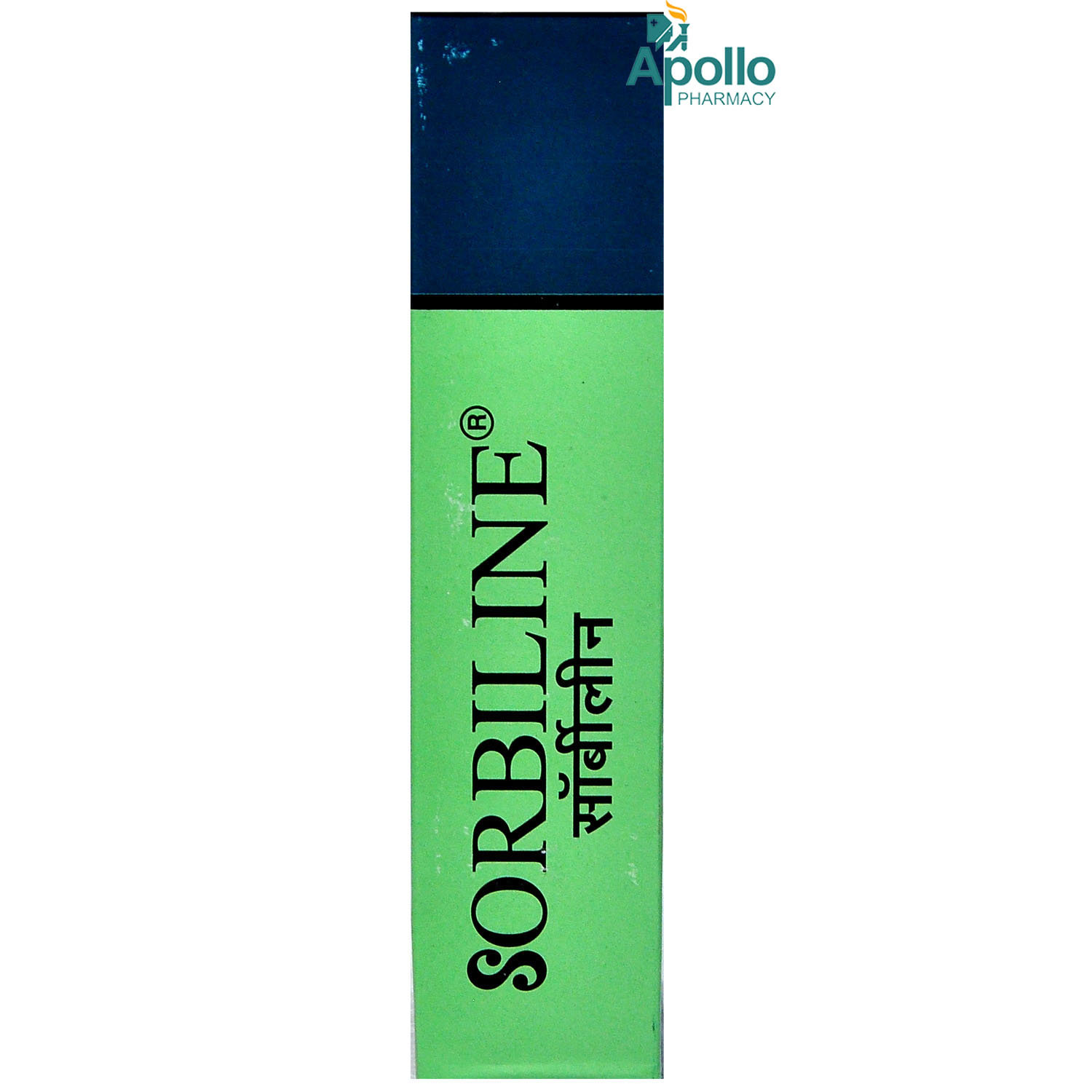Sorbiline Solution 200 ml
MRP ₹173.5
(Inclusive of all Taxes)
₹26.0 Cashback (15%)
Selected Pack Size:200 ml
200 ml ₹156.2
(₹0.78 per ml)
In Stock
100 ml ₹103.1
(₹1.03 per ml)
In Stock
About Sorbiline Solution
Sorbiline Solution belongs to the class of cholesterol-lowering agents' primarily used to treat and prevent fatty liver disease and other liver-related disorders like hepatotoxicity. Sorbiline Solution also helps improve occasional constipation, asthma symptoms, and hepatic disorders. Fatty liver disease, also known as hepatic steatosis, is a medical condition associated with a build-up of fat in liver cells. Fatty liver disease is of two types, namely alcoholic fatty liver disease and non-alcoholic fatty liver. Hepatotoxicity is referred to as liver damage caused by exposure to drugs.
Sorbiline Solution is composed of two medicines: Sorbitol (laxative) and Tricholine (bile acid-binding agent). Sorbitol is a laxative with diuretic (urine producing) and cathartic (that stimulates defecation) properties. It is a sugar alcohol found in fruits and plants and treats constipation. Tricholine is a bile acid-binding agent that removes excess bile acids from the body. This makes the liver utilize the body's cholesterol in producing bile acid, thus lowering the cholesterol levels in the body.
Your doctor will advise you how often you take Sorbiline Solution based on your medical condition. The common side effects of Sorbiline Solution include nausea, vomiting, gas, constipation, dizziness, bloating, stomach cramps, dry mouth, and drowsiness. If these side effects occur, they resolve gradually over time and do not usually require medical attention. However, if you notice any side effects that are not manageable, it is advised to consult your doctor.
Try not to stop taking this medicine of your own. Let your doctor know if you are sensitive to Sorbiline Solution and have any kidney/liver diseases, gastrointestinal disorders, and diabetes. If you are pregnant, planning to conceive or breastfeeding, it is essential to seek medical advice before starting Sorbiline Solution . The patient should inform the doctor if he/she is taking Sorbiline Solution before any surgery is scheduled or any new medicine is taken. Do not take additional laxatives while using Sorbiline Solution .
Country of origin
Manufacturer/Marketer address
Online payment accepted

secured payment

india's most trusted pharmacy

genuine products
Composition :
Manufacturer/Marketer :
Consume Type :
Expires on or after :
Return Policy :
Provide Delivery Location
About Sorbiline Solution
Sorbiline Solution belongs to the class of cholesterol-lowering agents' primarily used to treat and prevent fatty liver disease and other liver-related disorders like hepatotoxicity. Sorbiline Solution also helps improve occasional constipation, asthma symptoms, and hepatic disorders. Fatty liver disease, also known as hepatic steatosis, is a medical condition associated with a build-up of fat in liver cells. Fatty liver disease is of two types, namely alcoholic fatty liver disease and non-alcoholic fatty liver. Hepatotoxicity is referred to as liver damage caused by exposure to drugs.
Sorbiline Solution is composed of two medicines: Sorbitol (laxative) and Tricholine (bile acid-binding agent). Sorbitol is a laxative with diuretic (urine producing) and cathartic (that stimulates defecation) properties. It is a sugar alcohol found in fruits and plants and treats constipation. Tricholine is a bile acid-binding agent that removes excess bile acids from the body. This makes the liver utilize the body's cholesterol in producing bile acid, thus lowering the cholesterol levels in the body.
Your doctor will advise you how often you take Sorbiline Solution based on your medical condition. The common side effects of Sorbiline Solution include nausea, vomiting, gas, constipation, dizziness, bloating, stomach cramps, dry mouth, and drowsiness. If these side effects occur, they resolve gradually over time and do not usually require medical attention. However, if you notice any side effects that are not manageable, it is advised to consult your doctor.
Try not to stop taking this medicine of your own. Let your doctor know if you are sensitive to Sorbiline Solution and have any kidney/liver diseases, gastrointestinal disorders, and diabetes. If you are pregnant, planning to conceive or breastfeeding, it is essential to seek medical advice before starting Sorbiline Solution . The patient should inform the doctor if he/she is taking Sorbiline Solution before any surgery is scheduled or any new medicine is taken. Do not take additional laxatives while using Sorbiline Solution .
Uses of Sorbiline Solution
Key Benefits
Sorbiline Solution is used to treat and prevent fatty liver disease and other liver-related disorders like hepatotoxicity. It contains Sorbitol (laxative) and Tricholine (bile acid-binding agent). Sorbitol is a laxative with a diuretic (urine-producing) and cathartic (that stimulates defecation) properties. It is a sugar alcohol found in fruits and plants and treats constipation. Tricholine is a bile acid-binding agent that removes excess bile acids from the body. Due to this, the liver utilizes the body's cholesterol to produce more bile acids, thus lowering the body's cholesterol levels. It exhibits lipotropic action and helps in the breakdown of fat during metabolism in the body. It also helps to relieve asthma symptoms in adults. Tricholine may cause constipation as its side effect. Administering Sorbitol, along with Tricholine, helps in relieving constipation and other digestive problems.
Directions for Use
Storage
Side Effects of Sorbiline Solution
- Nausea
- Vomiting
- Gas
- Constipation
- Dizziness
- Bloating
- Stomach cramps
- Dry mouth
- Drowsiness
Drug Warnings
Before taking Sorbiline Solution , let your doctor know if you have any allergic reactions to Sorbiline Solution . It is important to tell your doctor if you have any kidney/liver diseases, gastrointestinal disorders, diabetes, stomach pain, and rectal bleeding before using Sorbiline Solution . It is advised not to use additional laxatives while using Sorbiline Solution . Do not use other over the counter medications, herbal or vitamin supplements without medical advice while using Sorbiline Solution . If you have diabetes, your doctor may provide sugar-free formulations of Sorbiline Solution to manage your blood glucose levels. If you are pregnant, planning to conceive or breastfeeding, it is essential to seek medical advice before starting Sorbiline Solution . Sorbiline Solution is not recommended for children below the age of two years.
Drug Interactions
Drug-Drug Interaction: Sorbiline Solution may interact with HIV/AIDS medication (lamivudine), drugs treating high potassium levels (sodium polystyrene sulfonate), and other laxatives.
Drug-Food Interaction: Limit alcohol intake and avoid fatty foods to help control your cholesterol and triglyceride levels.
Drug-Disease Interaction: Sorbiline Solution should be cautiously administered in cases of kidney/liver diseases, gastrointestinal disorders, diabetes, stomach pain, and rectal bleeding.
Drug-Drug Interactions Checker List
- LAMIVUDINE
- SODIUM POLYSTYRENE SULFONATE
Habit Forming
Diet & Lifestyle Advise
- Take the medication as directed by the doctor and at regular intervals. Do not use other over the counter medications, herbal or vitamin supplements without informing your pharmacist or doctor when you take Sorbiline Solution .
- Low cholesterol diet and regular exercise regime are found to complement treatment with Sorbiline Solution effectively.
- Keep your cholesterol and triglyceride levels under control with a low-fat diet.
- Eat at regular intervals, and maintain a healthy diet that includes fresh fruits, vegetables.
- Limit alcohol intake and caffeine consumption.
- Keep a check on your weight and exercise regularly.
Special Advise
- Please keep a check on your cholesterol levels (HDL, LDL) in blood with timely blood examinations.
- Liver function tests may be suggested by your doctor to keep a check on liver health.
Disease/Condition Glossary
Fatty liver disease: It is also known as hepatic steatosis. It is a medical condition associated with a build-up of fat in liver cells. Fatty liver disease is of two types, namely alcoholic fatty liver disease and non-alcoholic fatty liver. When a fatty liver is developed in an alcoholic, it is known as alcoholic fatty liver disease or alcoholic steatohepatitis. Non-alcoholic fatty liver is developed in someone who doesn't drink alcohol. Symptoms include fatigue, weight loss, and abdominal pain.
Hepatotoxicity: It is referred to as liver damage caused by exposure to drugs or industrial chemicals. Symptoms include rash, stomach pain, nausea, vomiting, jaundice and loss of appetite.
FAQs
Disclaimer
Alcohol
Safe if prescribed
It is not known if it is safe to consume alcohol while using Sorbiline Solution . However, limit alcohol intake to avoid any side effects like dizziness.
Pregnancy
Consult your doctor
There is limited information on how Sorbiline Solution affects pregnancy. Please consult your doctor if you are planning to conceive or already pregnant before starting Sorbiline Solution .
Breast Feeding
Consult your doctor
Please consult your doctor before starting Sorbiline Solution if you are a nursing mother since there is limited data on how Sorbiline Solution affects breastfeeding. It is also not known if Sorbiline Solution passes into the breast milk.
Driving
Safe if prescribed
Do not drive or operate machinery if you experience dizziness or drowsiness while using Sorbiline Solution . Seek medical attention if the symptoms persist longer.
Liver
Consult your doctor
Let your doctor know if you have any history of liver diseases or hepatic impairment. Your doctor will weigh the benefits and potential risks before recommending Sorbiline Solution .
Kidney
Consult your doctor
Let your doctor know if you have any history of kidney diseases. Your doctor will weigh the benefits and potential risks before recommending Sorbiline Solution .
Children
Safe if prescribed
Sorbiline Solution is not recommended for children below the age of two years.
Author Details
We provide you with authentic, trustworthy and relevant information
Uses of Sorbiline Solution
Key Benefits
Sorbiline Solution is used to treat and prevent fatty liver disease and other liver-related disorders like hepatotoxicity. It contains Sorbitol (laxative) and Tricholine (bile acid-binding agent). Sorbitol is a laxative with a diuretic (urine-producing) and cathartic (that stimulates defecation) properties. It is a sugar alcohol found in fruits and plants and treats constipation. Tricholine is a bile acid-binding agent that removes excess bile acids from the body. Due to this, the liver utilizes the body's cholesterol to produce more bile acids, thus lowering the body's cholesterol levels. It exhibits lipotropic action and helps in the breakdown of fat during metabolism in the body. It also helps to relieve asthma symptoms in adults. Tricholine may cause constipation as its side effect. Administering Sorbitol, along with Tricholine, helps in relieving constipation and other digestive problems.
Directions for Use
Storage
Drug Warnings
Before taking Sorbiline Solution , let your doctor know if you have any allergic reactions to Sorbiline Solution . It is important to tell your doctor if you have any kidney/liver diseases, gastrointestinal disorders, diabetes, stomach pain, and rectal bleeding before using Sorbiline Solution . It is advised not to use additional laxatives while using Sorbiline Solution . Do not use other over the counter medications, herbal or vitamin supplements without medical advice while using Sorbiline Solution . If you have diabetes, your doctor may provide sugar-free formulations of Sorbiline Solution to manage your blood glucose levels. If you are pregnant, planning to conceive or breastfeeding, it is essential to seek medical advice before starting Sorbiline Solution . Sorbiline Solution is not recommended for children below the age of two years.
Therapeutic Class
Drug-Drug Interactions
Drug-Drug Interactions
Login/Sign Up
Lamivudine can cause higher levels of Sorbiline Solution 200 ml in the blood by reducing its excretion rate.
How to manage the interaction:
Taking Sorbiline Solution 200 ml with Lamivudine together can possibly result in an interaction, but it can be taken if your doctor has advised it. Do not stop using any medications without talking to your doctor.
Drug-Drug Interactions Checker List
- LAMIVUDINE
- SODIUM POLYSTYRENE SULFONATE
Diet & Lifestyle Advise
- Take the medication as directed by the doctor and at regular intervals. Do not use other over the counter medications, herbal or vitamin supplements without informing your pharmacist or doctor when you take Sorbiline Solution .
- Low cholesterol diet and regular exercise regime are found to complement treatment with Sorbiline Solution effectively.
- Keep your cholesterol and triglyceride levels under control with a low-fat diet.
- Eat at regular intervals, and maintain a healthy diet that includes fresh fruits, vegetables.
- Limit alcohol intake and caffeine consumption.
- Keep a check on your weight and exercise regularly.
Habit Forming
Side Effects of Sorbiline Solution
- Nausea
- Vomiting
- Gas
- Constipation
- Dizziness
- Bloating
- Stomach cramps
- Dry mouth
- Drowsiness
Special Advise
- Please keep a check on your cholesterol levels (HDL, LDL) in blood with timely blood examinations.
- Liver function tests may be suggested by your doctor to keep a check on liver health.
Disease/Condition Glossary
Fatty liver disease: It is also known as hepatic steatosis. It is a medical condition associated with a build-up of fat in liver cells. Fatty liver disease is of two types, namely alcoholic fatty liver disease and non-alcoholic fatty liver. When a fatty liver is developed in an alcoholic, it is known as alcoholic fatty liver disease or alcoholic steatohepatitis. Non-alcoholic fatty liver is developed in someone who doesn't drink alcohol. Symptoms include fatigue, weight loss, and abdominal pain.
Hepatotoxicity: It is referred to as liver damage caused by exposure to drugs or industrial chemicals. Symptoms include rash, stomach pain, nausea, vomiting, jaundice and loss of appetite.
All Substitutes & Brand Comparisons
RX
Sorbiline Solution 100 ml
Franco Indian Pharmaceuticals Pvt Ltd
₹114.5
(₹1.03/ 1ml)
32% COSTLIER

Have a query?

